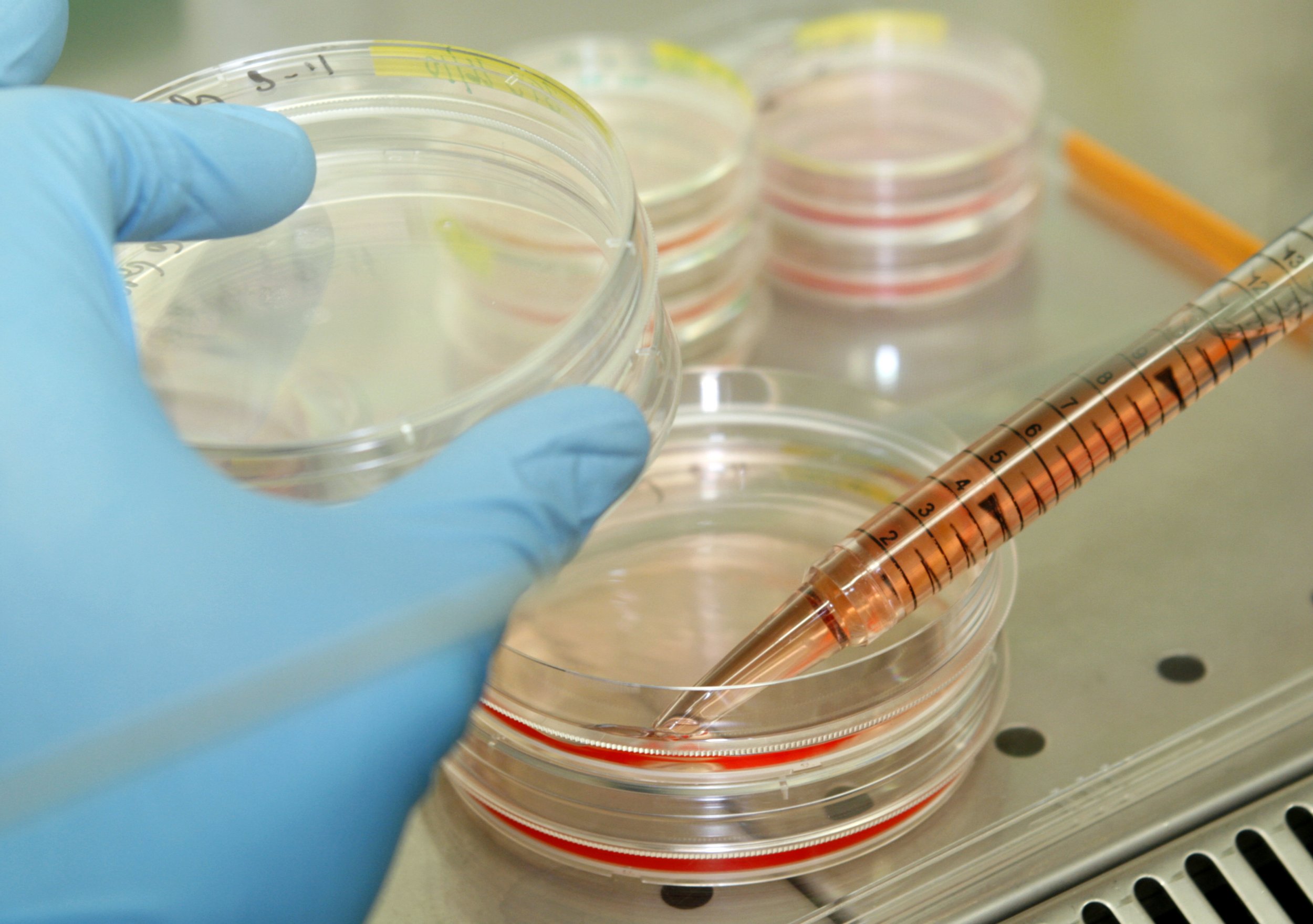
This article originally appeared on Medical Daily.
In a medical first, doctors at London's Great Ormond Street hospital believe they have cured two babies of leukemia using genetically engineered immune cells.
Unlike previous attempts at this treatment, the cells used on these children originally derived from a donor's blood, not their own. The T cells were then genetically manipulated to help them better attack and kill leukemia cells. Although it is difficult to confirm if it was the stem cell treatment that cured the babies—both infants also received chemotherapy in addition to the experimental treatment—the feat could usher in a new age of cancer therapy.
The children were treated with engineered T cells known as CAR-T, which are created by taking T-cells from the blood of a donor and engineering them to specifically attack cancer cells. In traditional T cell therapy, immune cells are removed from the patient and genetically modified before they are given back to the patient, Technology Review reported. According to Cancer Research UK, however, these treatments are still being tested in clinical trials and are not yet available to the general public at request.
Unlike current treatment involving genetically engineered T-cells made from the patient's own blood, these cells can be harvested from donors and stored ahead of time. This means that patients could be treated immediately and not have to wait for their own cells to be manufactured. What's more, blood from a single donor could theoretically be turned into hundreds of doses of cancer treatments, significantly driving down the drug's cost.
Read: Previously Untested Cell Therapy Saves Baby With 'Incurable' Cancer
"We estimate the cost to manufacture a dose would be about $4,000," Julianne Smith, vice president of CAR-T development for Cellectis, which specializes in supplying universal cells, told Technology Review. "That's compared to a cost of around $50,000 to alter a patient's cells and return them."
According to a recent study based on the babies' cases, the two children, aged 11 and 16 months, both had leukemia and were unresponsive to previous treatment attempts. However, because the infants were treated with chemotherapy in addition to the cell therapy, some specialists argue it is difficult to prove which treatment was truly responsible for their recoveries.
Uncommon Knowledge
Newsweek is committed to challenging conventional wisdom and finding connections in the search for common ground.
Newsweek is committed to challenging conventional wisdom and finding connections in the search for common ground.
About the writer
To read how Newsweek uses AI as a newsroom tool, Click here.








